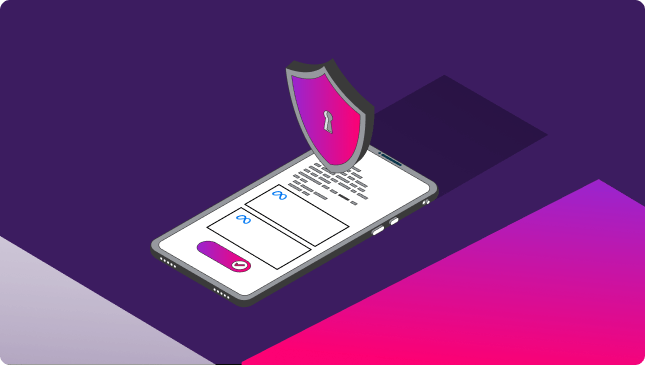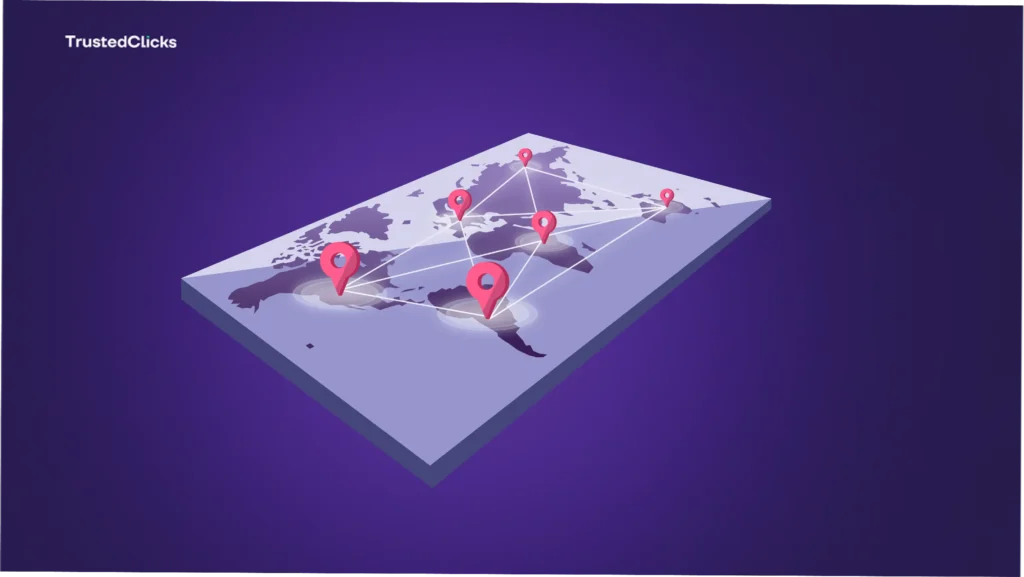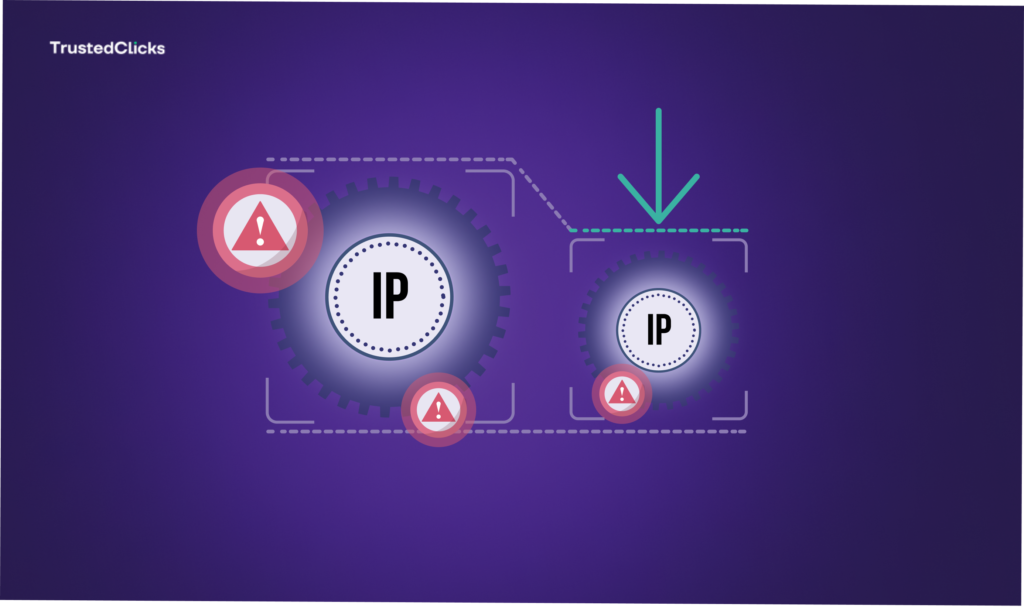- Website security, Affiliate marketing
Behind the Mask: How IP Scoring Exposes Dangerous Proxies & VPNs


In the ever-evolving landscape of cybersecurity, maintaining a secure and trustworthy network is a top priority for businesses, financial institutions, and online platforms. However, cybercriminals often use proxies and VPNs to mask their identities, bypass security protocols, and engage in fraudulent activities. When an unsafe proxy or VPN detected alert is triggered, it often signals a potential security threat that requires immediate attention. To combat these risks, organizations leverage IP scoring techniques to analyze user connections and determine whether they originate from suspicious or high-risk sources. In this article, we will explore how IP scoring works, why detecting dangerous proxies and VPNs is critical, and how businesses can enhance their security measures to stay ahead of cyber threats.
What Is IP Scoring?
IP scoring is a cybersecurity technique used to evaluate the risk associated with a specific IP address. Every internet-connected device has an IP address that provides details about its geographical location, ISP (Internet Service Provider), and network type. IP scoring assigns a risk level to an IP address based on various factors such as:
Anonymity status: Whether the IP address belongs to a proxy, VPN, or Tor node.
Geolocation inconsistencies: Mismatched IP location and user credentials.
Blacklists and reputation databases: If the IP has been flagged for malicious activities.
Frequency of use: Unusual spikes in activity from a single IP.
Past behavior: Previous engagement in fraudulent or suspicious actions.
By analyzing these factors, organizations can make data-driven decisions about whether to trust a connection or flag it as high-risk.
The Role of Proxies and VPNs in Cybercrime

While legitimate users rely on VPNs and proxies for privacy and security, bad actors exploit these tools for malicious purposes. Here are some common ways cybercriminals use proxies and VPNs:
Fraudulent Transactions & Identity Theft
Hackers use VPNs and proxies to obfuscate their real locations and engage in fraudulent activities such as credit card fraud, account takeovers, and identity theft. An IP score can detect when an unsafe proxy or VPN is detected and block access to prevent financial loss.
Scraping & DDoS Attacks
Attackers use proxy networks to automate web scraping, stealing proprietary data from competitors. Additionally, VPNs help attackers mask their identities while launching Distributed Denial-of-Service (DDoS) attacks against websites and servers.
Bypassing Geo-Restrictions & Compliance Measures
Some users manipulate their IP addresses to bypass regional restrictions and access content or services intended for specific regions. This poses risks for financial platforms, where compliance regulations require transactions to occur within designated locations.
Phishing & Spam Campaigns
Cybercriminals use VPNs and proxies to distribute phishing emails and spam messages while hiding their real locations. An IP scoring system can help identify these deceptive activities by flagging repeated offenses from specific IPs.
How IP Scoring Detects Dangerous Proxies & VPNs
IP scoring utilizes various methodologies and data points to detect high-risk connections. Below are some key techniques used to expose unsafe proxies and VPNs
IP Reputation Databases
These databases maintain lists of known malicious IP addresses. If an IP has been involved in previous cybercrimes, it will have a low reputation score and trigger security measures when detected.
Anonymity Detection Algorithms
Advanced algorithms can differentiate between residential, corporate, and data center IPs. Since VPNs and proxies often rely on data center IPs, a scoring system can flag them accordingly.
Behavioral Analysis
IP scoring tools track login patterns, account activity, and user behavior to detect anomalies. If a user logs in from multiple locations within a short time or uses multiple VPNs, it raises red flags.
Real-Time Risk Assessment
Real-time scanning of IPs allows organizations to take immediate action against suspicious connections. This includes blocking access, implementing CAPTCHA verification, or requiring additional authentication.
.
Implementing IP Scoring to Enhance Security
Businesses and online platforms can implement IP scoring to protect themselves from fraudulent activities. Here are some effective strategies:
1. Use IP Intelligence APIs
Security providers offer APIs that integrate with websites and applications to analyze IP addresses in real-time. These APIs help detect proxies, VPNs, and bot traffic.
2. Monitor Login & Transaction Patterns
Organizations should implement monitoring tools that analyze login attempts and transaction behaviors. If an IP shows irregular activity, access can be restricted.
3. Blacklist Suspicious IPs
Maintaining an up-to-date blacklist of high-risk IPs ensures that known threats are blocked before they can cause harm.
4. Implement Multi-Factor Authentication (MFA)
Even if an attacker uses a VPN or proxy, requiring MFA adds an additional security layer that prevents unauthorized access.
5. Geolocation-Based Restrictions
Businesses that require compliance with regional laws can restrict access from locations where VPNs and proxies are frequently used to commit fraud.
Challenges & Limitations of IP Scoring
While IP scoring is a powerful tool, it comes with challenges and limitations:
False Positives: Legitimate users may be mistakenly flagged, causing inconvenience.
Adaptive Cybercriminals: Some attackers use residential proxies and advanced techniques to evade detection.
Legitimate VPN Usage: Some users rely on VPNs for privacy, and blocking them entirely may alienate customers.
To mitigate these issues, businesses should use IP scoring in combination with other security measures rather than relying on it as a sole defense.
Conclusion
IP scoring is an essential cybersecurity tool that helps detect and mitigate risks associated with proxies and VPNs. By analyzing an IP’s reputation, behavior, and anonymity status, organizations can protect themselves against fraud, data breaches, and cyberattacks. When an unsafe proxy or VPN detected alert is triggered, businesses must act swiftly to assess the risk and implement necessary security measures. While no system is foolproof, combining IP scoring with robust authentication and behavioral analysis will significantly enhance cybersecurity defenses against ever-evolving threats.
Table of Contents
Join our community!
Subscribe to our newsletter for the latest updates, exclusive content, and more. Don’t miss out—sign up today!
Recent Posts

The Link Between IP Quality Score and Trust: How It Effects User Experience
- 7 mins read

From Data to Defense: How IP Tracking Strengthens Online Security
- 7 mins read

IP Score Checks: A Critical Tool for Cybersecurity and Risk Assessment
- 6 mins read



